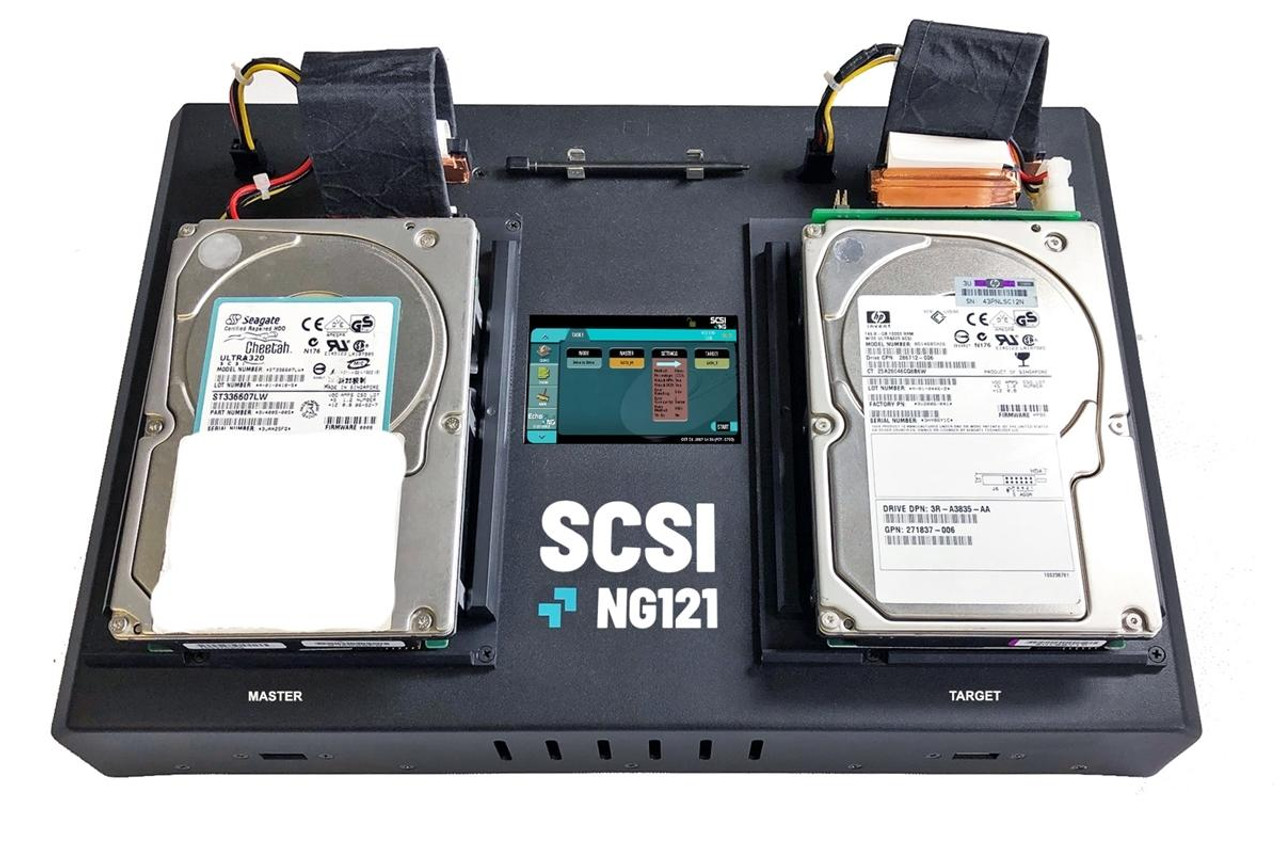Why Do You Need Hard Drive Duplication?
Posted by Media Duplication Systems on 2024 Mar 25th
Data Backup and Recovery
Redundancy
One of the primary reasons for hard drive duplication is to create a redundant copy of important data. In case of a primary drive failure, having a duplicate copy ensures that the data can be quickly recovered without significant downtime or loss of data.
Disaster Recovery
Hard drive duplication is also essential for disaster recovery purposes. In the event of a natural disaster, fire, or theft, having a duplicate copy of data off-site ensures that the business can quickly recover and resume operations.

Data Migration
Upgrading Systems
When upgrading to a new computer system or storage device, hard drive duplication can simplify the process of transferring data from the old device to the new one. This is especially useful when upgrading to a larger capacity drive or a faster storage device.
System Cloning
Hard drive duplication is also used for system cloning, where an exact copy of a hard drive is made, including the operating system and all installed software. This allows for quick deployment of multiple identical systems, such as in a corporate environment.
Testing and Development
Software Development
In software development, hard drive duplication is used to create multiple identical test environments. This allows developers to test software on different configurations without the need to reinstall the operating system and software for each test.
Hardware Testing
Hard drive duplication is also used in hardware testing to create identical test setups. This allows for consistent testing of hardware components under the same conditions, ensuring accurate and reliable results.
Digital Forensics
Evidence Preservation
In digital forensics, hard drive duplication is used to create an exact copy of a hard drive for evidence preservation. This ensures that the original evidence remains intact and can be used for further analysis if needed.
Data Recovery
Hard drive duplication is also used in data recovery to create a copy of a damaged or corrupted drive. This copy can then be used to attempt data recovery without risking further damage to the original drive.
Data Security
Data Protection Laws
Hard drive duplication is essential for complying with data protection laws and regulations. By maintaining duplicate copies of important data, businesses can ensure that they are able to provide access to information when requested by authorities or customers.
Protection Against Cyber Threats
In today’s highly digital world, cyber threats, including ransomware and malware, pose significant risks to businesses. Having duplicate copies of data enables businesses to recover quickly in the event of a cyber attack, thereby minimizing the impact on operations.
Business Continuity
Minimizing Downtime
In the event of a hardware failure or data loss, having duplicate copies of data allows businesses to quickly restore operations and minimize downtime. This is critical for maintaining productivity and meeting customer expectations.
Disaster Recovery Planning
Hard drive duplication is an integral part of disaster recovery planning. By ensuring that duplicate copies of data are stored off-site, businesses can recover from a disaster and resume operations as quickly as possible.
Cost-Effectiveness
Time and Resource Savings
Hard drive duplication can save businesses time and resources by streamlining data backup and recovery processes. Instead of manually backing up data, businesses can use automated duplication processes to ensure that data is always protected.
Reduced Risk of Data Loss
By maintaining duplicate copies of data, businesses can reduce the risk of data loss due to hardware failure, cyber attacks, or other unforeseen events. This can save businesses from costly data recovery efforts and potential loss of revenue.
Conclusion
In conclusion, hard drive duplication is essential for ensuring data security, business continuity, and cost-effectiveness. By maintaining duplicate copies of data, businesses can protect themselves against data loss and cyber threats, minimize downtime, and ensure compliance with data protection laws and regulations.





